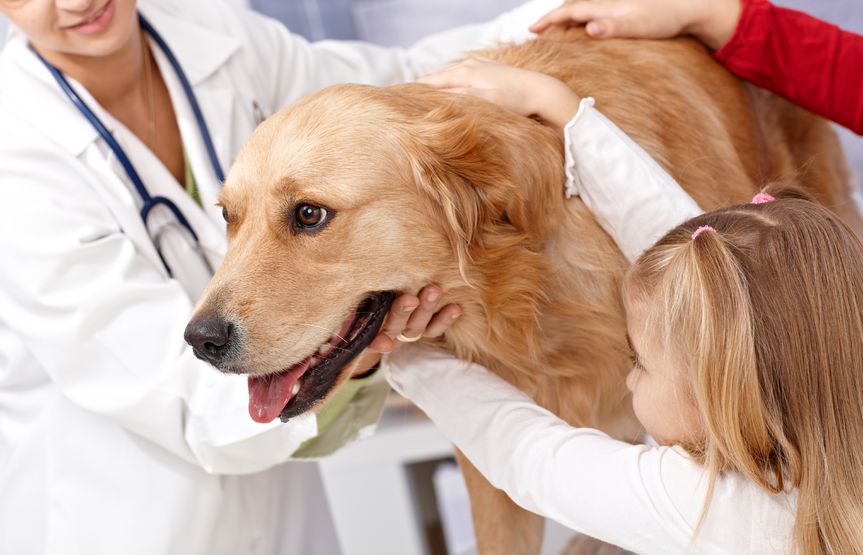Your cat or dog are more than just a best friend; they’re a member of the family. It is important to take care of their health just as it is for any other member of your home. An imperative part of caring for furry friends is finding a veterinarian who can administer the required pet vaccinations, especially if a pet goes to a daycare or boarding facility.
What vaccinations does my pet need?
Vaccination needs vary for different animals. The following are some of the most important vaccines:
Dogs
- The DA2PL-P is a combination vaccine given to dogs to prevent distemper, hepatitis, parainfluenza, leptospirosis, and parvovirus.
- Distemper is a viral disease that attacks the intestines and respiratory and central nervous systems.
Hepatitis affects the liver and is contracted from an infected animal through their saliva, feces, urine, or nose discharge. - Parainfluenza is highly contagious and affects the respiratory system. It is also known as canine influenza.
- Leptospirosis is a bacterial infection that can affect the liver. It is contracted by indirect contact with wild animals or contaminated water.
- Parvo is highly contagious and attacks the intestines, and sometimes the heart.
- Rabies vaccine – Rabies can infect a dog through saliva or certain tissues of an infected animal. The virus causes madness and convulsions by attacking the central nervous system.
- Bordetella shot – This is a bacterial infection that is very contagious. It is also known as kennel cough, which is a hacking cough and runny nose.Cats
- The FVRCP is a combination vaccine, given to cats, to prevent feline rhinotracheitis virus, calicvirus, and panleukopenia.
- Feline rhinotracheitis is a respiratory disease that can affect a cat throughout their life. It’s spread through airborne germs and contact with infected cats or objects.
- Calicvirus is a viral respiratory disease. Another symptom is mouth sores which can be very painful. It is contracted through contaminated objects and direct contact with an infected cat.
- Panleukopenia affects the gastrointestinal tract and nervous and immune systems. It’s highly infectious and spread by direct contact or through contaminants in the air.As with dogs, cats are required to get annual rabies shots.These are the required vaccinations for boarding pets; however, a veterinarian might suggest others also. Frequency might vary, but rabies shots is required every 1-3 years for cats and dogs. Dogs should have a DA2PL-P or DHPP shot every 1-3 years and Bordetella every six months to a year. Cats should get the FVRCP vaccination each year.
Keep your pets healthy and safe and enjoy the most years you can with them.

